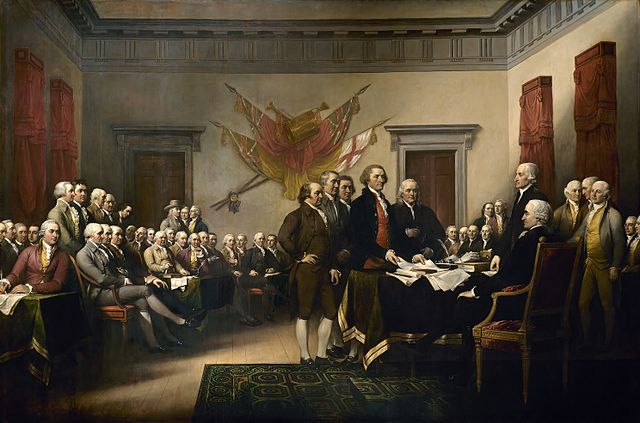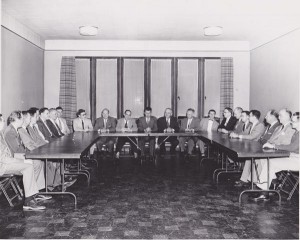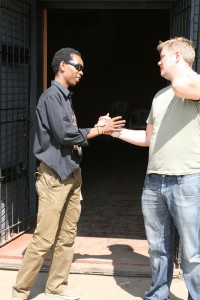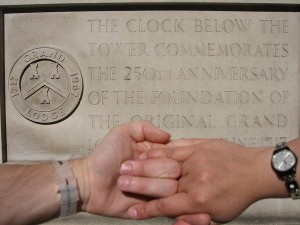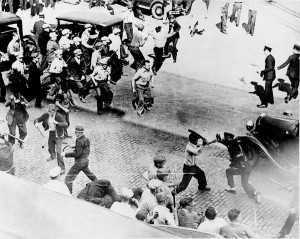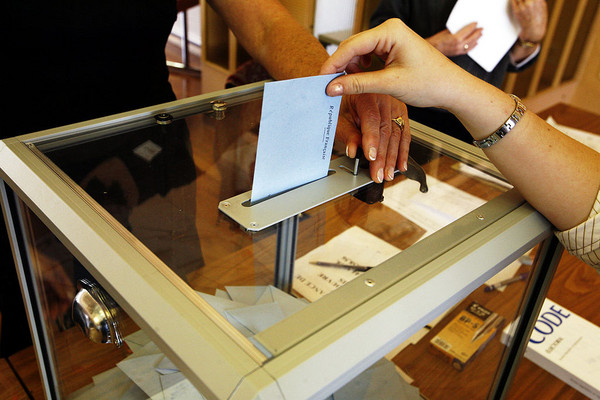Today we celebrate the 237th anniversary of our declaration of independence. Today we honor the founding “fathers” of our nation. I feel like calling them the founding “leaders” today. I think that sounds appropriate, don’t you?
So, join with me and say “Thank you!” to men like John Adams, Benjamin Franklin, Alexander Hamilton, John Jay, Thomas Jefferson, James Madison, and George Washington.
These are the kinds of leaders that we are looking for today. Do you think there are any more Adams, or Franklins, or Hamiltons, or Jays, or Jeffersons, or Madisons, or Washingtons to be found today?
These men were men just like you and me. They were business men, soldiers, farmers, and artisans before they were founding fathers. But something deep inside them longed for freedom and liberty and they decided that it was worth giving up everything that they possessed in order to obtain freedom and liberty for them and their posterity. For most of them it cost them everything to lead this nation in its infancy.
Something to think about today.
and the rest of your friends at LeadershipVoices.
John Trumbull [Public domain or Public domain], via Wikimedia Commons

